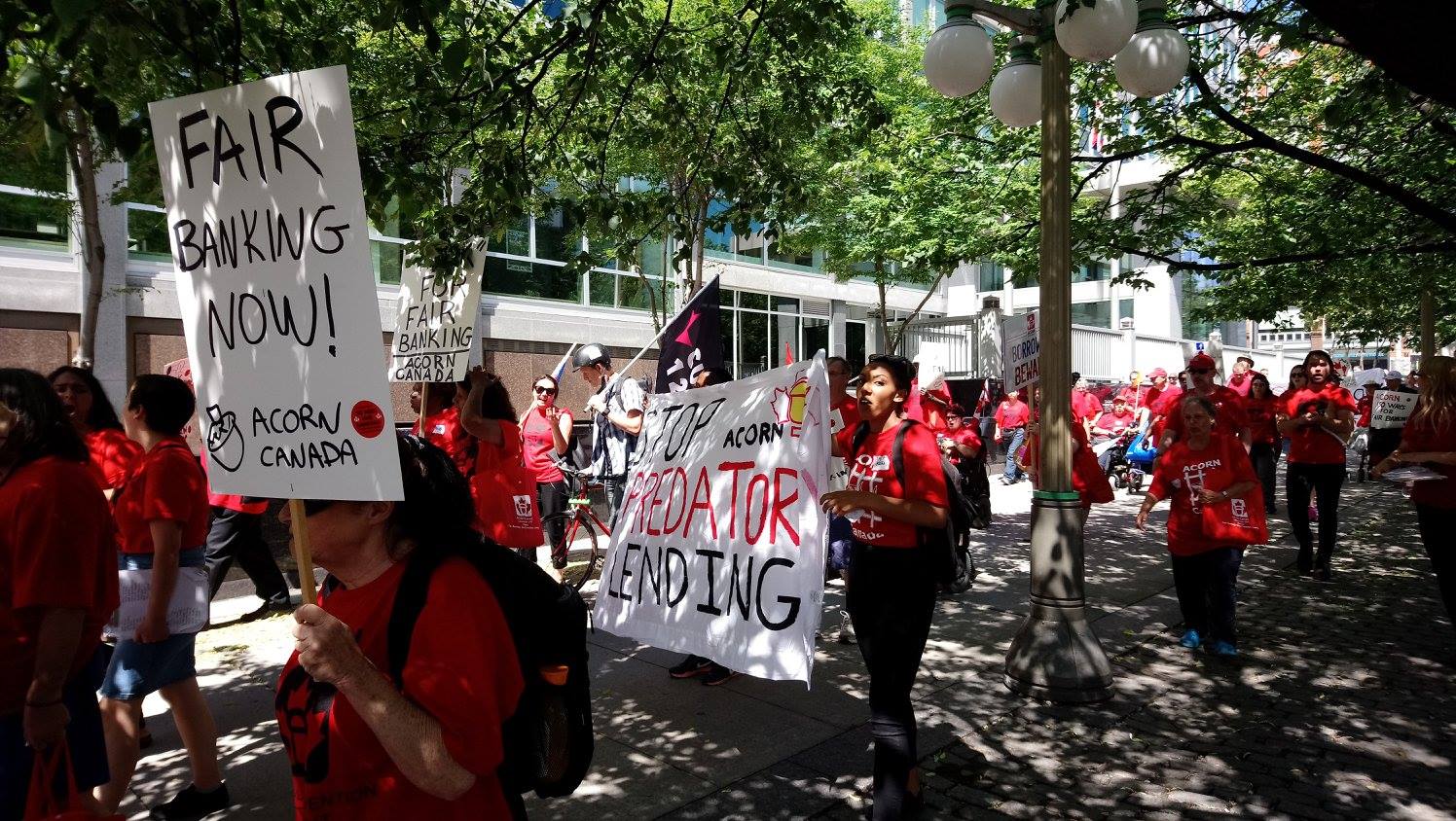
Can I borrow from my bank?
Rules around lending can vary from bank to bank. You should speak to your bank or financial institution so they can make a decision based on your individual situation.
Line of credit and personal loans:
Generally, banks require a minimum household income of $35,000 – $50,000 to approve a line of credit. Different banks have different eligibility requirements, but they will look at your finances to determine your eligibility.
You must provide personal information to confirm your identity, and to make their decision the bank will assess:
(1) Your income;
(2) Your current level of debt with other financial institutions;
(3) Your credit report.
COST: Interest can be variable (meaning it can increase over time)
Secured and unsecured loans
Unsecured – Unsecured loans do not have any assets tied to them as collateral. They may be open-ended with set minimum payments, due at regular intervals, or closed-ended, where the total loan amount is due on a set date.
Secured – A secured requires an item to be secured as collateral, e.g. a car or home. The borrower pays back fixed monthly payments. If the payments default, the collateral can be repossessed. For example, a car loan: When purchasing a vehicle, the vehicle is used as collateral on the loan. If the loan is not repaid, the vehicle can be repossessed.
Find out more: Financial Consumer Agency of Canada – information about loans and lines of credit | FCAC – information about home equity lines of credit
Overdraft protection
An overdraft is a type of short-term credit that allows you to keep spending money even if there aren’t sufficient funds in your account. Banks don’t extend this credit to you for free. Overdraft protection comes in several different forms, and fees vary widely based on the financial institution and the type of plan you choose. You have to request it, your bank has to approve you, and you must agree to its terms and fees.
How much protection your financial institution will extend depends on a few different factors, for example:
(1) how long you’ve had an account with that institution;
(2) your credit history;
(3) and even how much money you have in your account.
You could also be approved for overdraft protection only on certain types of transactions, such as cheque withdrawals and automatic payments, but not others. If used excessively, your bank can revoke your overdraft coverage.
COST: Monthly fees range from $2.50 to $5.
Find out more: FCAC – information about overdraft protection
Credit Card
Credit cards can be used to make a range of transactions online, over the phone, and at stores. Interest rates vary depending on the provider, and what type of transaction is made. The credit card balance must be paid in full each month to avoid paying interest.
Credit cards can be used to withdraw cash (called a cash advance), however; the interest rate charged for doing so is often very high and additional fees are often applied. This can also affect other transactions such as gambling, wire transfers, and travellers cheques.
If a payment is missed, it can cause the interest rate to go up, fees may be applied, and it can damage the borrower’s credit rating.
COST: Interest rates vary from around 9%-21%
Find out more: FCAC – information about credit cards | Ontario Securities Commission – information about credit cards | Settlement.org – information about getting a credit card with no credit history
Mortgage
A mortgage is a loan taken to buy property. The property can be repossessed if the conditions of the loan are not adhered to. Regular payments must be made to cover the mortgage amount that has been borrowed (the principal), interest, and often, other charges such as interest, and taxes.
COST: To get a mortgage, most people need to make a down payment (a lump sum payment), of a set amount agreed with the loan provider. This amount, coupled with the mortgage payments, equal the borrower’s equity in the property. Mortgage conditions can vary and will be determined by the provider. For example, interest rates can be fixed or variable and mortgages can be open (allowing extra payments without penalty) or closed (limiting the number of extra payments that can be made).
Find out more: FCAC – information about making mortgage decisions | FCAC – information about mortgages | CMHC – information about what to do if you’re having mortgage payment difficulties
